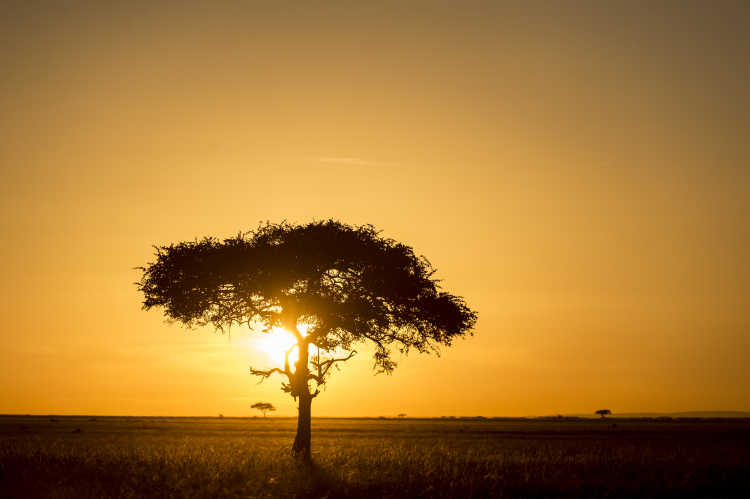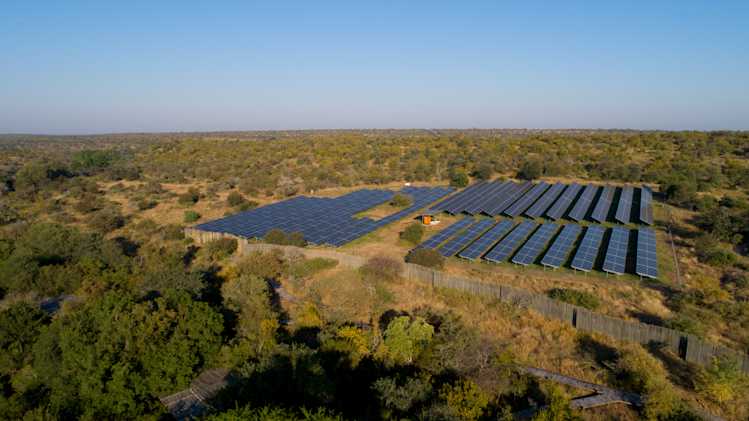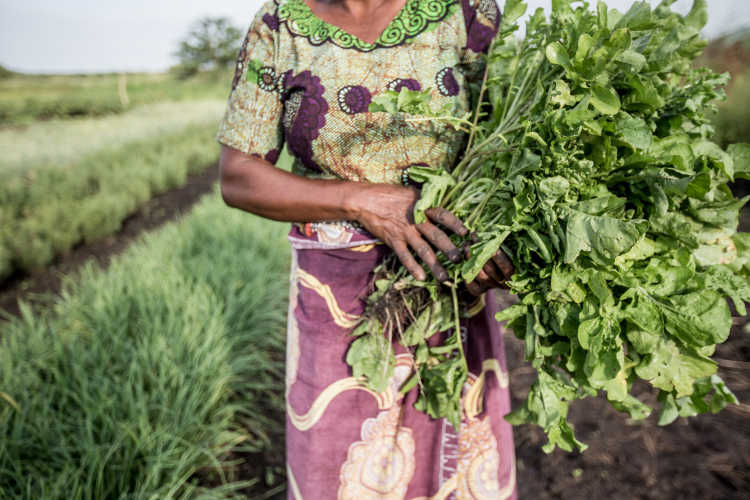With climate change rapidly affecting our planet, it is our collective duty to do what we can to protect and preserve the biodiversity and ecosystems that make up the wilderness areas we help to safeguard.
Part of Singita’s overarching conservation strategy is a multilevel sustainability programme aligned with our 100-year purpose. This takes the form of daily, and more long-term initiatives designed to ensure we meet our sustainability goals. For these to be effective, we need the support and buy-in of our guests, teams, suppliers and partners. To this end, we work with organisations whose vision aligns with ours, and whose commitment to the support of both communities and the wild mean we can enact change on a wider scale.
As part of our latest sustainability intervention - a carbon offsetting programme - a levy is now included to offset the carbon footprint of each guest’s stay. This is calculated based on the per-night footprint and converted into a carbon-offset cost. The current cost/tonne of carbon offset is USD 10/tonne (in practical terms, currently $2.30 per night). Using the levy from each guest, verified carbon credits will be purchased from accredited service providers in each region, whose projects either remove existing carbon from the atmosphere, or prevent new emissions.
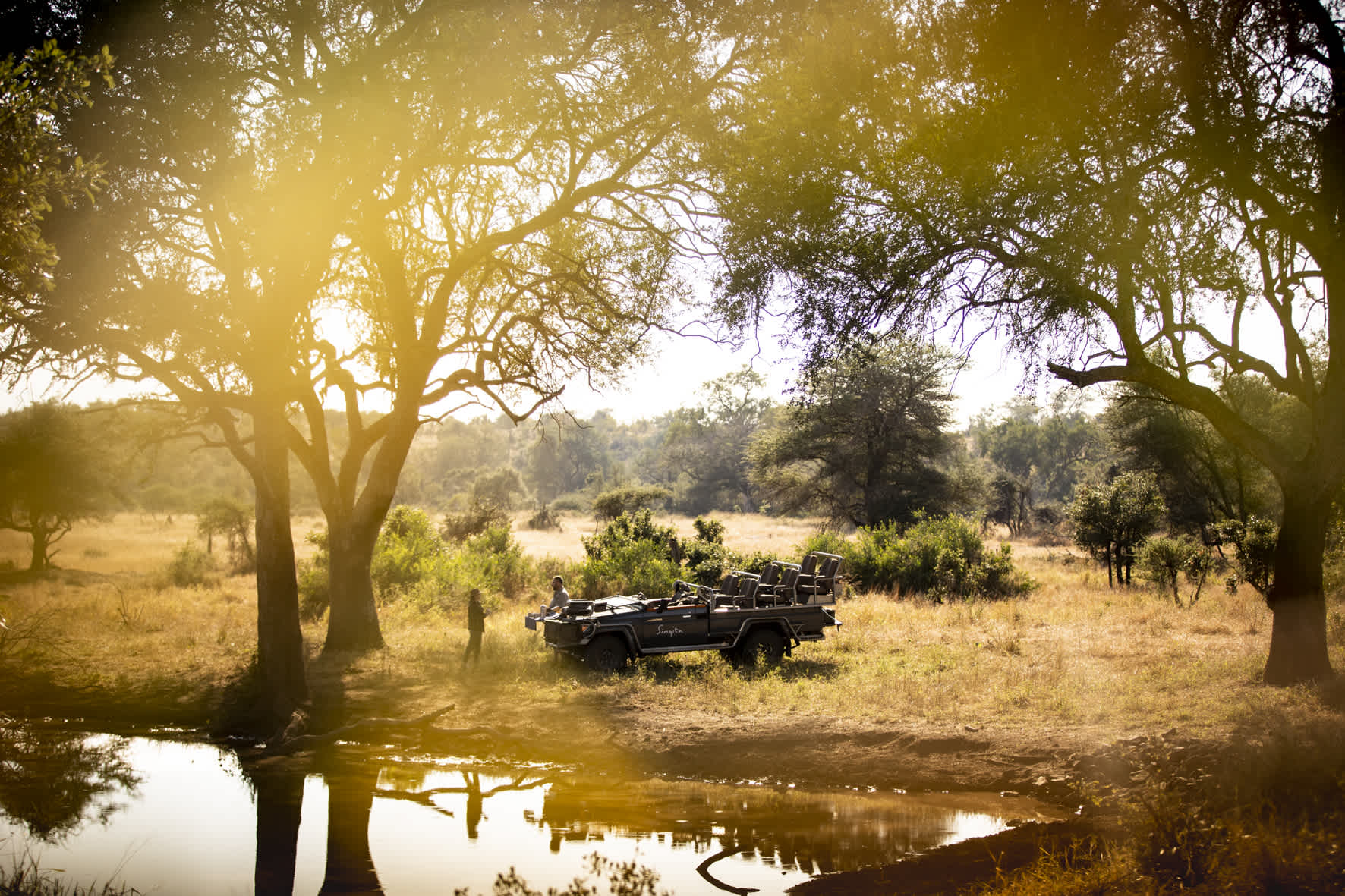
The two organisations we have chosen to collaborate with – Carbon Tanzania and the Climate Neutral Group – work on projects that benefit the communities and environments in the regions where we operate. The carbon-offset-generated revenue from our guests is channelled into these projects.
Carbon Tanzania’s Yaeda Valley project
One of Carbon Tanzania’s three interventions, the Yaeda Valley Projects aims to protect forests for the benefit of hunter gatherers, wildlife and climate change. The project involves three village communities of approximately 2,500 people and spans an area of 32,000 hectares. With finance of US$167,000 disbursed to date, it has also prevented 18,700 trees per year from being cut down.
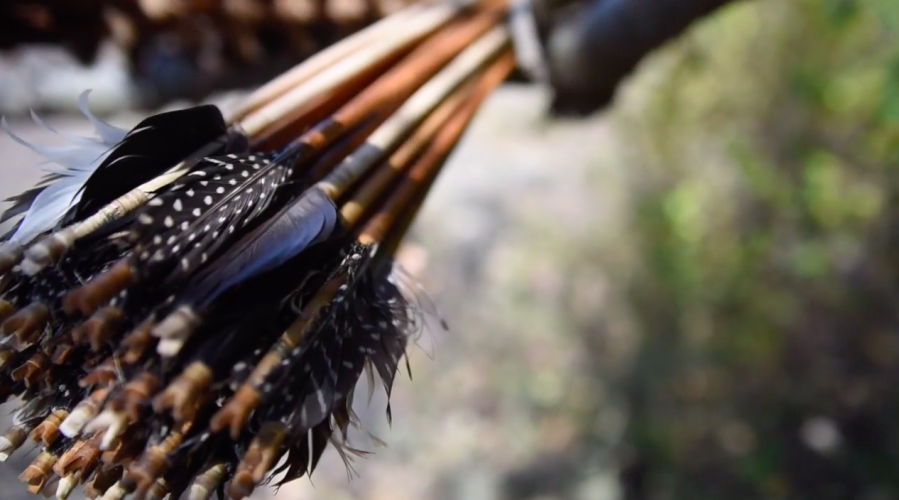
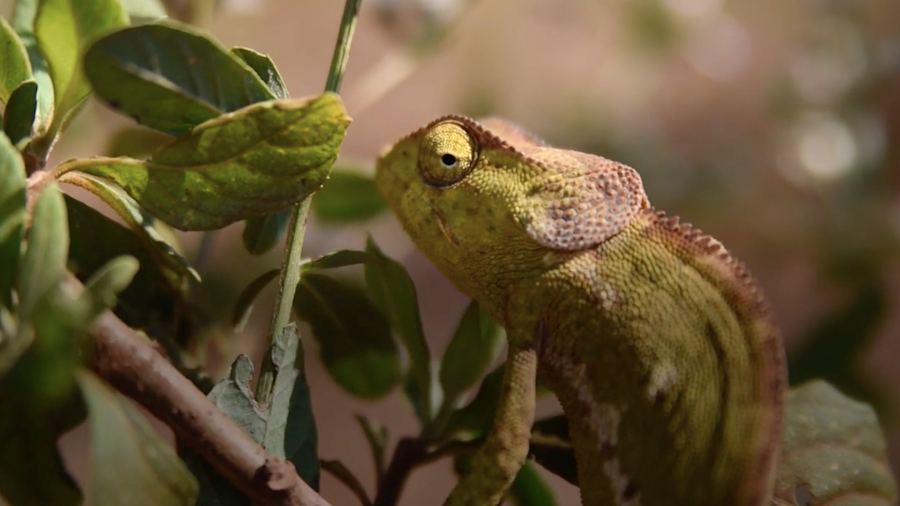
The Hadza hunter-gatherers have lived in the Yaeda Valley area for 40,000 years. Sustaining their lifestyle depends on the health of the environment but changes in land use (the encroachment of illegal agriculture) threatens biodiversity and the existence of the Hadza people along with their ancient culture and traditions.
Carbon Tanzania’s Yaeda Valley project (linked to bookings for guests to our Rwandan and Tanzanian properties) is the first example in Tanzania of a project that allows a traditional community to earn money and benefits from the protection of their legally owned resource. The revenues earned from the carbon project are used to provide basic services to the community members, such as healthcare, education for children, food security and employment for young men and women.
Climate Neutral Group
In South Africa and Zimbabwe our partner is the Climate Neutral Group. This organisation’s projects do more than just offset and reduce carbon emissions. They’re committed to improving the overall standard of living of the communities in developing countries. An essential tenet of moving towards carbon neutrality requires that developing countries reduce emissions, and in order to do so, the bigger picture of how people live, eat, cook and clean must be considered.
In South Africa and Zimbabwe, the Wonderbag is an innovative non-electric, heat insulating cooker that saves energy and reduces carbon emissions. This ingenious solution allows a meal to carry on cooking and stay warm for 12 hours without any additional energy consumption, thereby offering a cleaner, safer and more climate friendly method of cooking and heating food.
So far 600,000 Wonderbags have been distributed in the townships of South Africa, with each Wonderbag estimated to save 0.32 tonnes of carbon emissions each year.
Doing our due diligence
In choosing our partners, Singita does its due diligence to ensure they meet the standards of sustainability we want to uphold. Meeting certain criteria is essential – including choosing only accredited and verified (meeting rigorous standards), and transparent providers.
Additionally, they should be based in countries (and regions) in which we operate (meaning communities receive any of the additional benefits). An established track record and legacy is another consideration. Apart from the legitimacy of the organisations, we also choose projects that make sense in terms of our conservation approach - those that go beyond carbon offsetting as a singular goal, (for example, projects that not only reforest the wild, but also benefit communities).
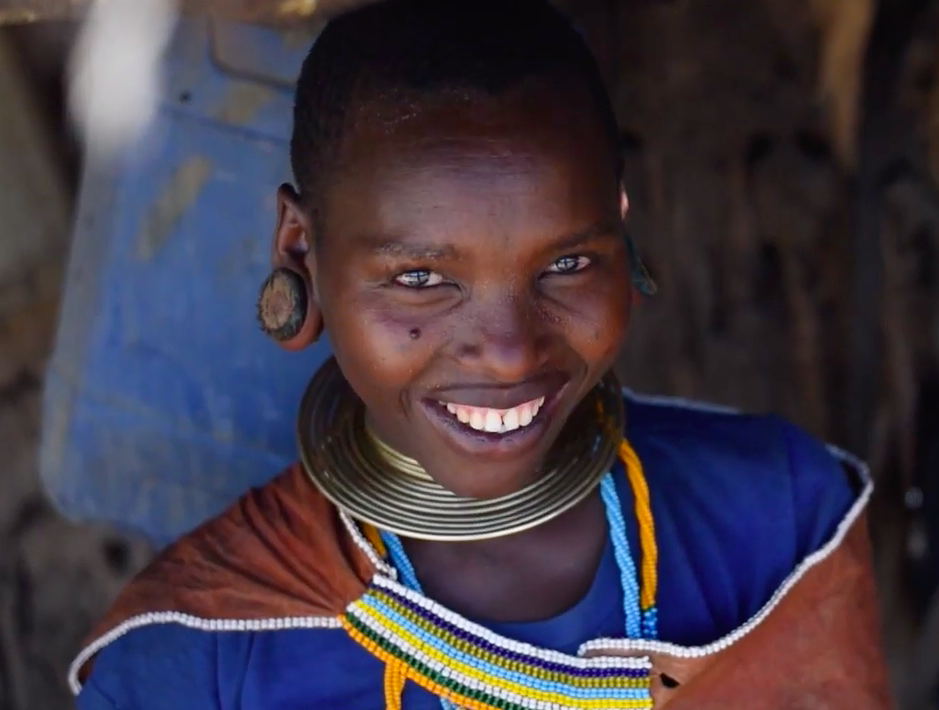
Both partners in our carbon offsetting programme are accredited carbon credit providers - Carbon Tanzania’s Yaeda Valley project with Plan Vivo and Climate Neutral Group’s Wonderbag project with VCS (Verified Carbon Standard). Plan Vivo stipulates that all communities must receive a minimum of 60% of the carbon revenues for a project to be certified by them, while Wonderbag’s environmental impact is measured and monitored by internal and external researchers and audited by independent auditors as required by the VCS guidelines.
Our carbon offsetting initiative is an extension of the various commitments we’ve made to conservation – including the UN’s Sustainable Development Goals, the Global Goals for Nature and the One Planet Living’s Zero Carbon Energy principle which have all informed the strides we’ve made towards reducing our carbon emissions.
Learn more here >

